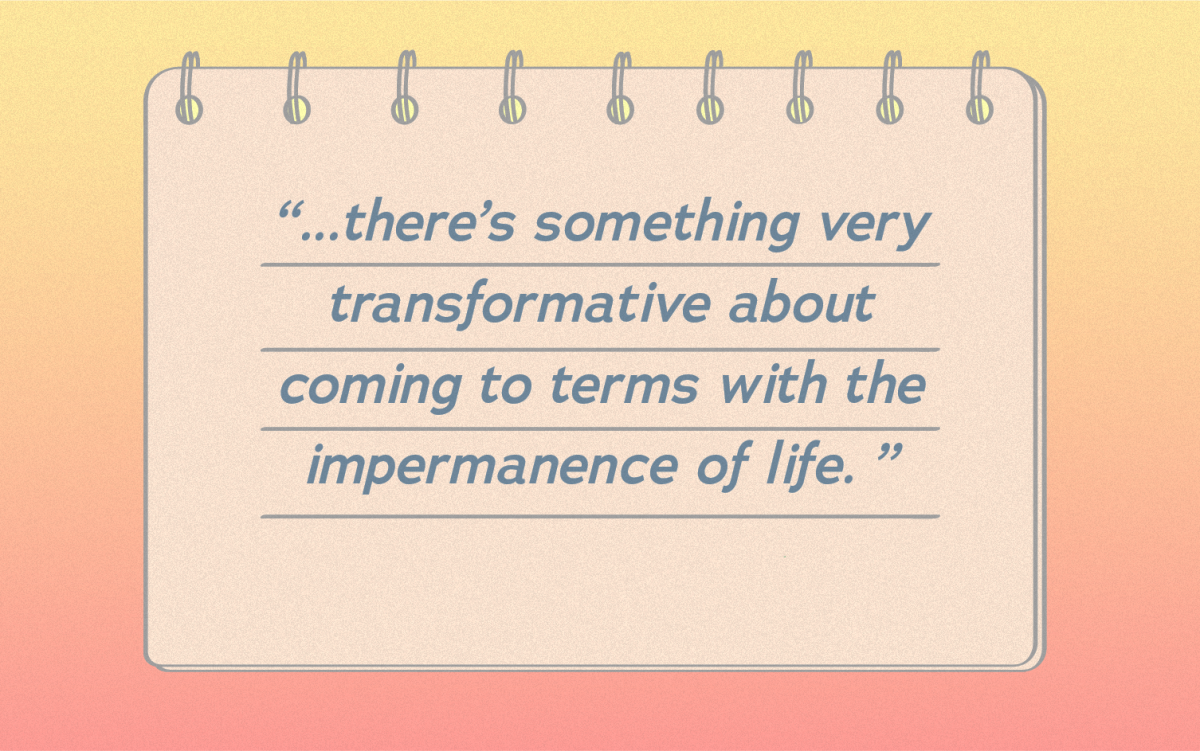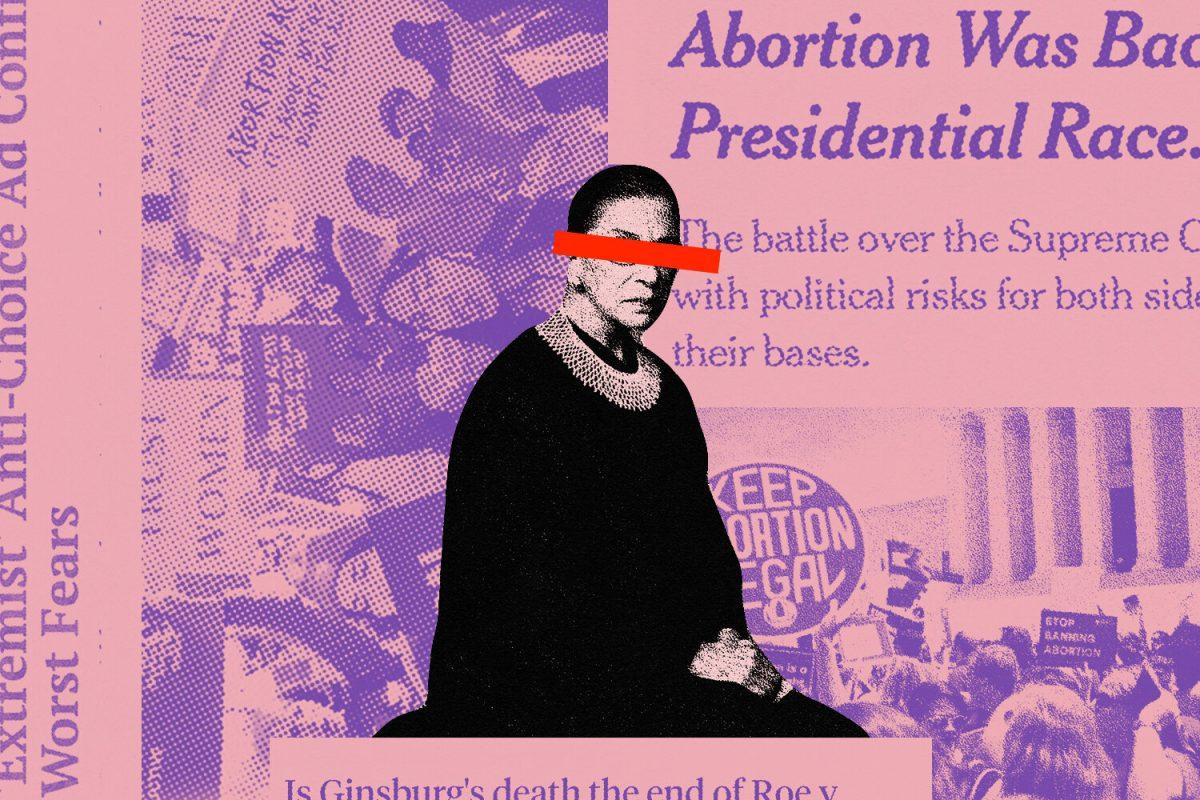By Rahul Naik
After it was announced that Tyrone Swoopes would be the starting quarterback under center for Texas, it seemed like only a matter of time before David Ash would make the announcement to leave football for good. Ash’s impending retirement finally culminated on Sept. 17, when Charlie Strong announced that the quarterback from Belton, Texas was retiring. During a press conference, Ash explained his decision. However, it was not a melancholy affair, nor should it have been.
The former UT signal-caller, who has recently suffered concussions, unquestionably made the right decision for his personal health and for his future. While answering questions, Ash carried himself in the same manner that he did to manage his business on the field: Calm and composed. It was as if new life had been injected into the former quarterback, and by virtue of his decision, it had.
Dr. Munro Cullum, a distinguished professor at the University of Texas Southwestern Medical Center, directs a lab that looks at later effects of multiple concussions in former football players ranging from ages 40 to 80. His lab studies the interaction between the effects of normal aging on the brain and brain trauma. He is also the team neuropsychologist for both the Dallas Cowboys and Dallas Stars.“After multiple concussions, [Ash] would have been at increased risk for sustaining more concussions and prolonged symptoms from those concussions,” Cullum says. These symptoms include headaches, temporary loss of consciousness, confusion, amnesia, dizziness and nausea, among others.
Unfortunately for Ash, predicting how someone responds to concussions is currently a completely unknown science. Each concussion is unique, as are the symptoms surrounding the concussion. Therefore, it is impossible to predict how the concussions he endured while playing at Texas may affect him in the future. Because this area of research is relatively young, there are many unknowns surrounding the science behind concussions and brain trauma. Findings from Cullum’s research lab in Dallas indicate this trend surrounding the study of concussion. Anything from environmental to genetic factors can affect the onset and prevalence of concussion symptoms and recovery. “We don’t know how many concussions are too many or for whom. Treatment and response to each concussion is different for each individual player and we don’t understand why that is,” Cullum says. “Background information, such as environmental and genetic factors, creates this gray zone.”
Research into concussions has only become a well-popularized issue after recent headlines regarding former football players surfaced over the last 20 years. The careers of Hall of Fame players, such as Steve Young and Troy Aikman, were cut short by concussions and head injuries. Furthermore, the lives of some players, such as Terry Long, Andre Waters and Ray Easterling, were also cut short. Blows to the head, sustained while playing football, were the suspected culprits. The NFL had formerly downplayed the possibility that there might be a link between connections and neurodegenerative diseases. According to the New York Times, it wasn’t until 2009 that the NFL first acknowledged that such a link might exist. Multiple suicides of former professional football players, highlighted by Junior Seau’s suicide in 2012, have brought further light to the matter.
As further research allows for more understanding of the brain and its responses to concussions, David Ash should be able to better understand what difficulties he may or may not face in his long-term future. Cullum’s lab is conducting initial studies comparing group of aging people who have never suffered any head trauma to a group of retired football players. Preliminary results suggest there is evidence of potential correlations between concussions and cognitive disorders later in life. Cullum’s lab has found a 25 percent rate of mild cognitive impairment in their initial sample of former football players, as compared to a 10 percent rate in the general population. “Mild cognitive impairment presents symptoms less serious than those of Alzheimer’s, but more serious than those of natural memory decline caused by aging,” Cullum says.
Cullum’s lab shows a higher frequency of symptoms of depression in the former football players than the general population. That being said, Cullum notes that depression among football players can also be caused by other factors, such as life events, genetic factors, or the realization that the “glory days” of an athletic career have come to an end. “When considering sources of depressive symptoms, you have to factor in the disappointment after retiring from an illustrious NFL career, which may cause psychological changes,” Cullum says.
Ash might never know whether his injuries pushed his brain past the point of no return, or whether he could have sustained additional blows to the head without experiencing any serious symptoms or future consequences. Only time will tell. As both a sports fan and medical expert on the effects of concussions on the brain, Cullum acknowledges that Ash’s decision was very difficult to make, but he wholeheartedly supports it and fully believes the former Longhorn quarterback acted in his best interest. “You only get one brain, and when you’ve put it at risk a number of times, you have to consider which injury is going to finally do it,” Cullum says.
Ash seemed to echo this sentiment in his conference. “At the core of my heart of hearts, I know I shouldn’t be playing,” Ash says.
Recognizing that there is more to life than football for someone who has known the sport his entire life is not an easy task. Yet, Ash exhibited impressive maturity in coming to grips with the fact that he has already played his last game. “I would like people to remember me for what’s on the inside, for character, for my faith. I hope people remember me as treating people well,” Ash said.
As the newest face of concussions among football players, he now has the unique opportunity to spread awareness about this growing concern. Should Ash succeed, this is the legacy he will be remembered for.










































